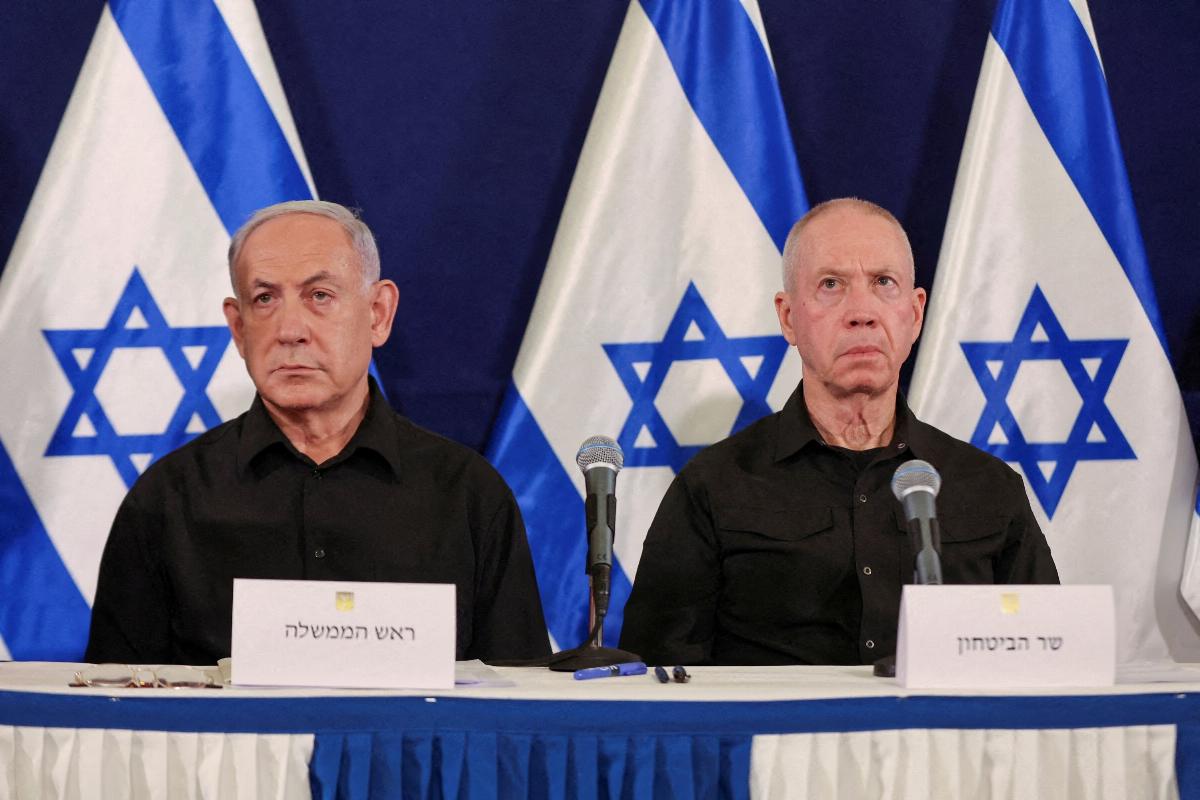
In Israel - What public is thinking over Attacks on Hezbollah
The Israeli public is currently divided regarding recent escalations in the conflict with Hezbollah following attacks in Lebanon that resulted in significant casualties. On Tuesday and Wednesday, a series of explosions targeting Hezbollah communication devices led to the deaths of at least 32 individuals, including two children, while thousands were injured, many suffering severe injuries.
The attacks, which occurred amid ongoing tensions in the region as Israel's war in Gaza nears its one-year mark, have elicited mixed reactions among Israelis. While some celebrated the perceived success of the operations against Hezbollah, others expressed concern over the potential for retaliation and the escalation of violence.
Mitchell Barak, a political pollster, characterized the attacks as innovative and noted that they reinforced Israel’s reputation for ingenuity in military operations. He highlighted that the level of sophistication involved in the attacks had embarrassed Hezbollah and indicated a significant shift in the conflict dynamics. However, many Israelis remain wary, recognizing that Hezbollah's threat has not been diminished.
In response to the heightened tensions, Israel has repositioned troops near the northern border, ostensibly to facilitate the return of residents evacuated due to ongoing hostilities. Israeli leaders, including Prime Minister Benjamin Netanyahu, have suggested that a conflict with Hezbollah may be on the horizon.
Amidst these developments, political analysts note a complex sentiment among the Israeli public. While some are enthused by the attacks' daring nature, others remain cautious about the potential for a broader war. Ofer Cassif, a member of the Israeli parliament, pointed out that political discourse remains polarized, with factions on the right calling for aggressive action against Hezbollah and those on the left advocating for peace and de-escalation.
Despite the explosive developments in Lebanon, there has been little shift in the Israeli parliament's dialogue, which continues to reflect deep divisions within society. Many analysts believe that Hezbollah faces pressure to respond to the attacks, yet its leadership has historically been cautious about escalating the conflict.
Political observers suggest that Israeli leadership may be maneuvering to avoid being perceived as the instigator of war, framing any potential conflict as an unavoidable outcome of regional tensions. This has led to a precarious situation where both sides engage in brinksmanship, each anticipating the other's next move.
As the situation unfolds, the balance between celebrating military success and acknowledging the human cost of conflict remains delicate, with many in Israel contemplating the implications of continued violence in the region.







